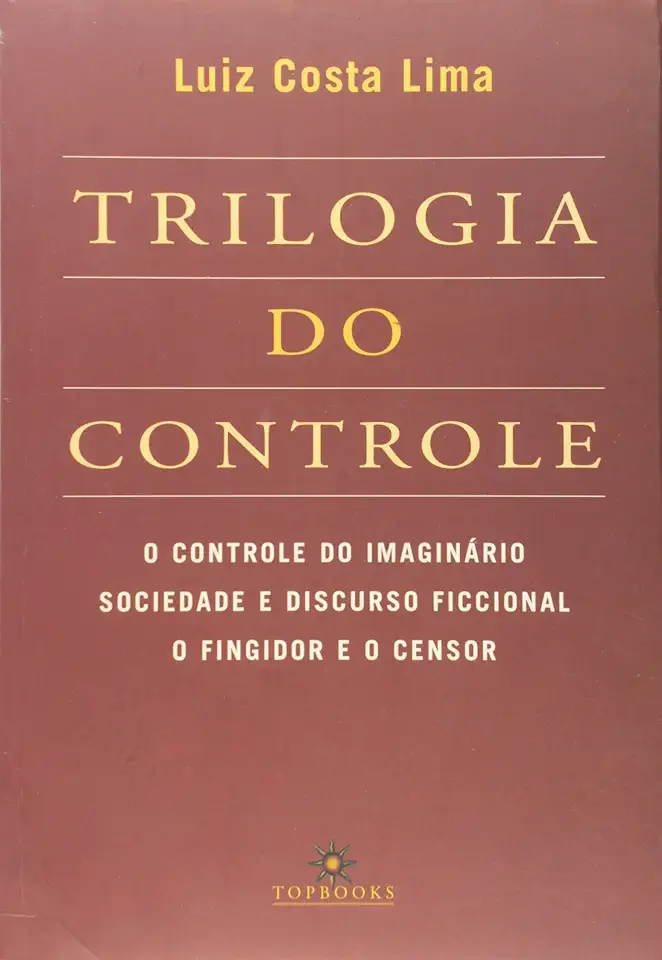
Society and Fictional Discourse - Luiz Costa Lima
Society and Fictional Discourse: A Powerful Exploration of the Interplay Between Literature and Social Reality
In his groundbreaking work, "Society and Fictional Discourse," Luiz Costa Lima delves into the intricate relationship between literature and social reality, offering a profound analysis of how fictional narratives shape and reflect the societies they emerge from. With its captivating blend of theoretical insights and insightful case studies, this book is a must-read for anyone interested in the power of literature to influence and illuminate our understanding of the world around us.
Unveiling the Mirrors of Society: Literature as a Reflection of Social Realities
Costa Lima argues that literature acts as a mirror to society, reflecting its values, norms, and power structures. Through a meticulous examination of literary texts, he demonstrates how authors employ fictional narratives to critique, challenge, and even subvert the dominant ideologies of their time. By analyzing works from a diverse range of authors, including Machado de Assis, José de Alencar, and Clarice Lispector, Costa Lima reveals the profound impact of literature in shaping social consciousness and fostering critical thinking.
The Subversive Power of Fiction: Literature as a Catalyst for Social Change
Costa Lima goes beyond merely analyzing literature as a reflection of society; he also explores its transformative potential. He argues that fictional narratives have the power to challenge and disrupt established social norms, paving the way for social change. By presenting alternative perspectives and offering critical insights into societal issues, literature can empower individuals to question their surroundings and work towards a more just and equitable society. Costa Lima's analysis of works such as "The Sorrows of Young Werther" by Johann Wolfgang von Goethe and "Uncle Tom's Cabin" by Harriet Beecher Stowe highlights the profound impact of literature in inspiring social movements and shaping public opinion.
Literature as a Bridge Between Cultures: Fostering Empathy and Understanding
In an increasingly globalized world, Costa Lima emphasizes the role of literature in fostering empathy and understanding across cultures. He argues that by immersing ourselves in the fictional worlds of other cultures, we gain a deeper appreciation for their perspectives and experiences. Through a comparative analysis of literary works from different regions and time periods, Costa Lima demonstrates how literature can transcend geographical and cultural boundaries, promoting cross-cultural dialogue and mutual respect.
A Journey into the Heart of Human Experience: Literature's Exploration of Universal Themes
Costa Lima also explores the universal themes that literature delves into, transcending cultural and temporal boundaries. He argues that fictional narratives provide a profound exploration of human emotions, desires, and struggles, offering insights into the complexities of the human condition. By analyzing works such as "Hamlet" by William Shakespeare and "The Metamorphosis" by Franz Kafka, Costa Lima reveals how literature taps into the universal human experience, resonating with readers across time and space.
Conclusion: Embracing the Transformative Power of Literature
"Society and Fictional Discourse" is a compelling invitation to explore the profound impact of literature on society. Costa Lima's insightful analysis and engaging writing style make this book an essential resource for scholars, students, and anyone interested in the power of literature to shape and transform our understanding of the world. By delving into the intricate relationship between literature and social reality, Costa Lima offers a powerful reminder of the transformative potential of fictional narratives in fostering critical thinking, inspiring social change, and promoting cross-cultural understanding.